Indigenous Governance Database
fisheries
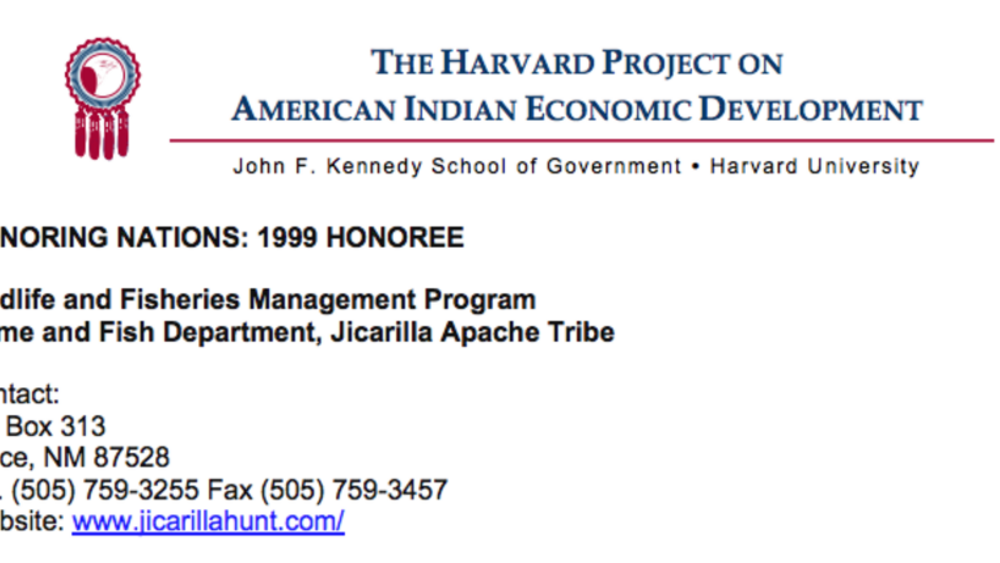
Jicarilla Apache's Wildlife and Fisheries Management Program
Recognized by state game and fish agencies as being one of the best of its kind, JGFD’s program includes a game and fish code and a wildlife management fund for habitat enhancement projects. The program restored the reservation’s mule deer population and trophy trout, and established a commercial…
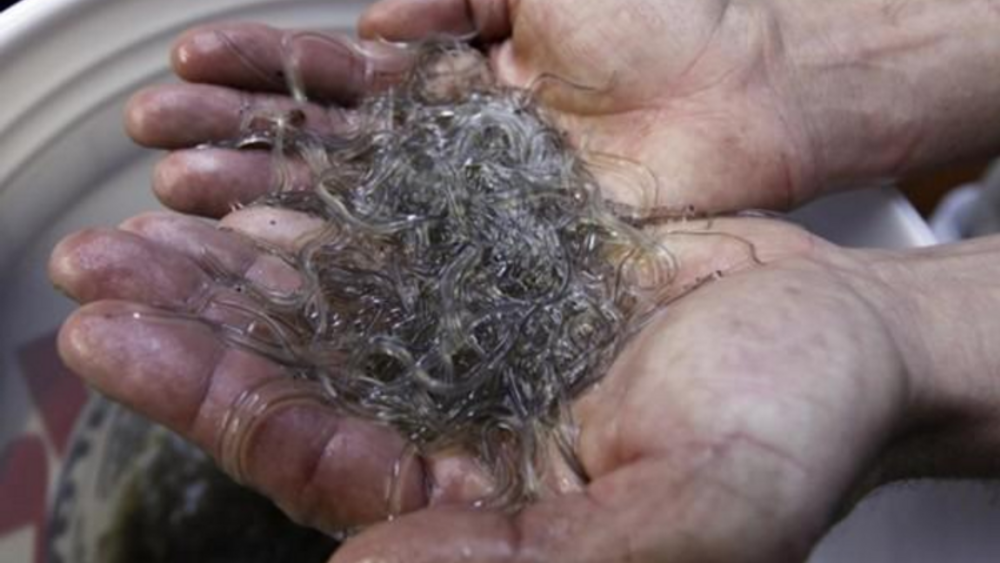
Passamaquoddy Tribe Amends Fishery Law to Protect Its Citizens from State Threat
The Passamaquoddy Tribe’s fishery law has been amended to implement individual catch quotas for the lucrative elver season that began on April 5. While the quota system conforms to a new state law, Passamaquoddy leaders stressed that the change was made to both protect tribal citizens and conserve…
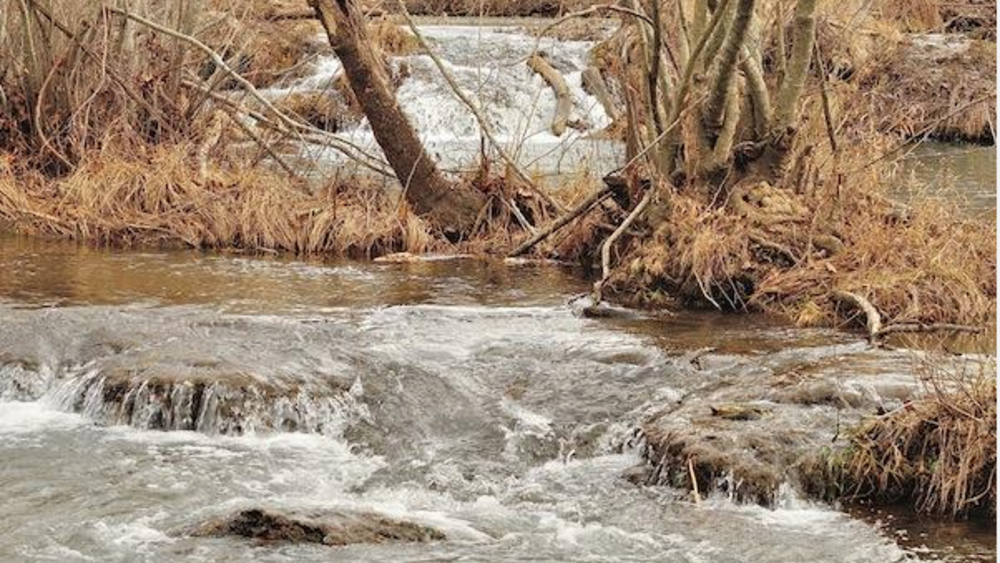
Chickasaw Fishery Saves Endangered Species While Sustaining Fishermen and Tourism
Nothing elevates the hope and heart rate of an angler more than hearing that first predawn “ZWIIINNGGG” of a casting reel as fishing line slices through the early morning air and the lure plops into the water. Whether it’s the first or last day of the season, fishermen hope that is a dinner bell…
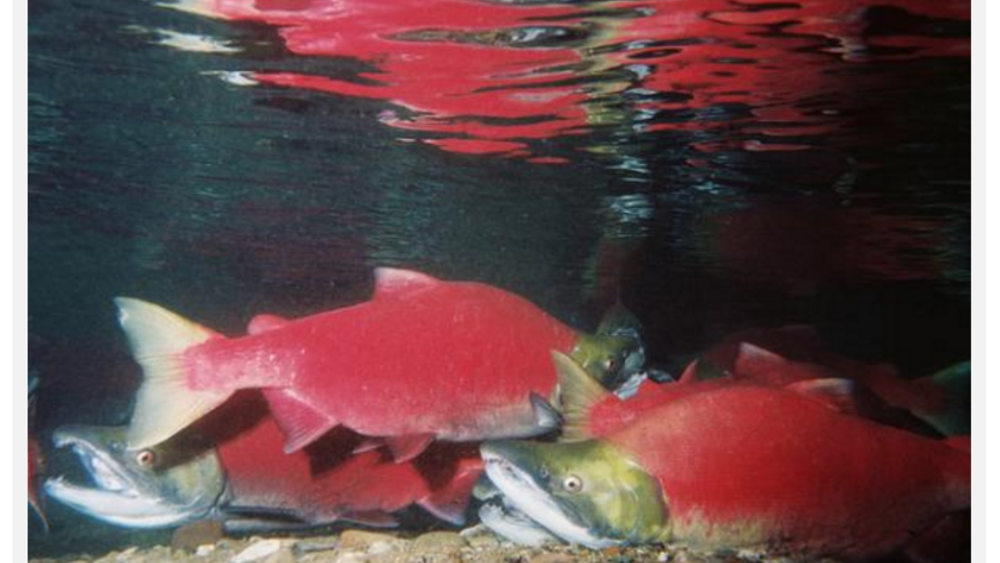
Fisheries Are the Lifeblood of the Nez Perce Economy
The Nez Perce Tribe has the second largest economic impact in North Central Idaho and is the third largest employer in the region. The massive fisheries program which employs upwards of 180 people is a major contributor to those statistics. Fish have always been vital to the tribe. Salmon in…
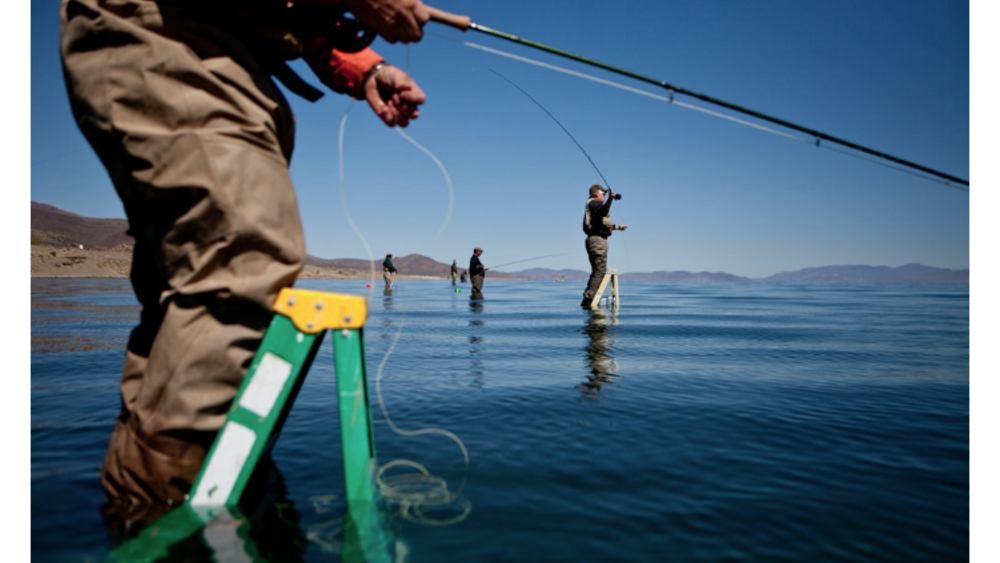
20 Pounds? Not Too Bad, for an Extinct Fish
For most fishermen, a 20-pound trout is a trophy, but for Paiute tribe members and fish biologists here the one Matt Ceccarelli caught was a victory. That Lahontan cutthroat trout he caught last year, a remnant of a strain that is possibly the largest native trout in North America, is the first…
